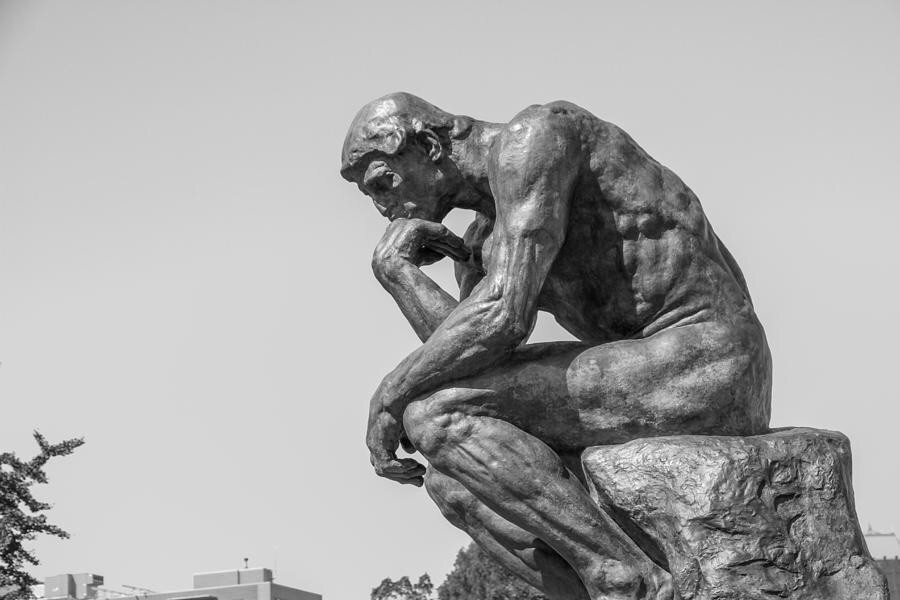A good question.
Every machine is fallible, including the human brain; this means that when the human brain comes up with any conclusion, there is always the possibility it made an error and came to the wrong conclusion. Even if the brain in question is your own. Computers can make occasional errors in calculation due to manufacturing defects, cosmic ray impacts, hard disk drive failure, software bugs, or even quantum tunneling (the latter with extremely low, but nonzero probability, and the fact it is nonzero is all that matters to the point). That means that when a computer tells you the result of any calculation, you cannot rationally trust it 100%. Perhaps you can trust it very close to 100%, but never exactly 100%.
The human brain is a piece of hardware subject to many of the same kinds of faults that affect computers. Humans are known to make calculation errors at a much higher rate than computers do. Therefore, we should not say we "know" something, unless by that we mean that we believe it with high confidence. Knowledge is a kind of belief, not something fundamentally different from belief. Everything is in doubt.
"Even that?"
Yes. It's a consequence of the physical basis of your brain.
Note that, if everything is uncertain, the degree of uncertainty is also uncertain. If you calculate a 99.999999% chance that you're right about X, you can't trust that calculation perfectly. Maybe you made an arithmetic error and really the chance of being right about X is only 30%!
As a practical matter, almost everyone is more confident of their own views than is objectively warranted. People, probably including you and me, would be more rational if they were less certain. Doubting your views is the only way to change them, and changing your views is the only way to become more right over time. Of course, it is not guaranteed that change is for the better; doubt also the change. But because like most people you likely have a bias towards overconfidence in your established views, it is necessary to put more effort into doubting your own views than doubting the change.
I've sometimes seen a strange reaction to the fact that all knowledge is uncertain. Some people associate uncertainty with the notion that truth is subjective, or that because we can never certainly reach absolute truth, it doesn't matter to us. This is like saying that because maps are sometimes printed with mistakes, mountains don't exist or don't matter to us. It's a complete non sequitur. It is entirely possible to both believe that a mountain exists because it's shown on the map, and that the mountain might not exist because the map might be misprinted. Not only is it possible, it's the most reasonable perspective. One believes in objective reality at the same time as one acknowledges that all of one's beliefs may be mistaken.

